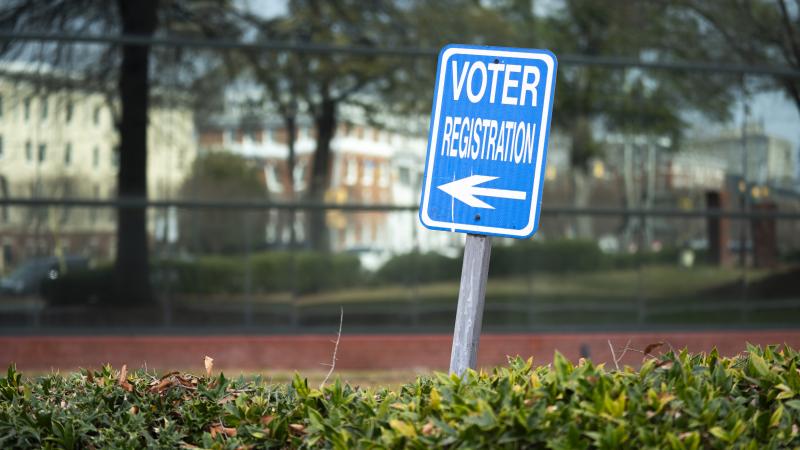Newsom vetoes accountability bill for $5.3 billion in broadband funds; calls it 'redundant'
The bill's author shared his concern that the state could lose out in $1.8 billion in federal broadband funding if the state’s broadband rollout continues to miss deadlines.
California Gov. Gavin Newsom vetoed a widely supported bill that would have required the state to annually report on its progress in using billions of dollars in state and federal funding to expand broadband internet access, saying the bill is redundant.
The bill's author said the governor’s solution only requires the state to report its progress for one year, which leaves no benchmark for future comparison and accountability.
“The recently adopted 2024-25 Budget augmented funding for the MMBI and codified new and additional oversight and reporting requirements on CDT for the development and operation of the MMBI,” wrote Newsom in his veto letter. “This bill is redundant to these efforts and creates an unnecessary ongoing workload for CDT without providing additional accountability or transparency to taxpayers.”
AB 2708 would have required annual updates on the state’s Middle Mile Broadband Initiative instead of the one-time update required in this year’s budget bill. The MMBI was created in 2021 with at first $3.5 billion in funding to create 6,000 miles of “middle mile” internet service that last-mile internet providers use to provide hook up internet directly to homes. The project has since been expanded to 10,500 miles for $5.3 billion.
In 2023, the state legislature passed a bill requiring updates every other year on MMBI progress; the first report, due in March 2024, did not meet the “statutory requirement” and “full information at the level of detail required.”
The State Legislature found it “it remains unclear what remaining portions of the MMBI can be constructed with existing funds, which segments will be constructed, and when portions of the MMBI will be available for last mile providers to interconnect.” With billions of dollars on the line, the legislature moved to require the California Public Utilities Commission — which oversees the project and operates under a governor-appointed board — to report each year on performance and funding metrics. The now-vetoed reporting requirements would have included the length of the MMBI network constructed, spending, available funding, projected total additional costs, and the number of households and internet providers connected through the network.
Bill author Assemblyman Jim Patterson, R-Fresno, represents a rural district and shared his concern that the state could lose out in $1.8 billion in federal broadband funding if the state’s broadband rollout continues to miss deadlines.
“There is real concern that the CPUC is slow, hugely bureaucratic, and has already missed a substantial deadline in getting the federal money out the door,” said Patterson to The Center Square. “We are seriously risking losing those funds because we are not performing according to the language of those funds being available.”
He also says that annual reports would guarantee better progress than a one-time report that has to be reauthorized each year.
"Newsom wants to do it his way ... which is protected from legislative scrutiny," Patterson continued. "What's important about doing it every year is you establish a methodology ... that's when you can pick up trends and inconsistencies. I don't think you can get accountability with a watered-down, weak approach that is authorized only once per year and has to get reauthorized."
Patterson had put forward another bill last year that would have allowed wireless, not just underground broadband projects, to qualify for government funding. This bill was largely unopposed except for six “no” votes on the Senate floor, and even had the support of the Communications Infrastructure Contractors Association, the trade union whose members include underground broadband infrastructure workers.
Patterson attributes the vetoes on this bill and last year’s bill to the governor’s desire to limit legislative oversight over the state executive branch.
“Newsom hates it when the legislative branch exercises its equal branch of government and sends him bills that require operations over which the executive branch has almost complete control,” Patterson said. Oftentimes the vetoes come as a direct result of him sending a very clear signal to the legislature, “Don’t mess with me.”
California hasn’t had a veto override, which requires a two-thirds majority vote in the State Senate and Assembly, in over 40 years.














